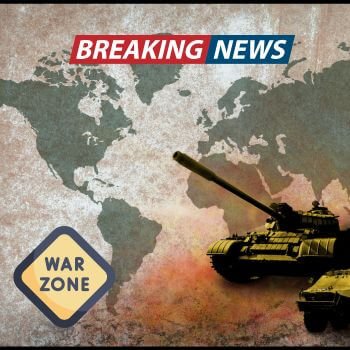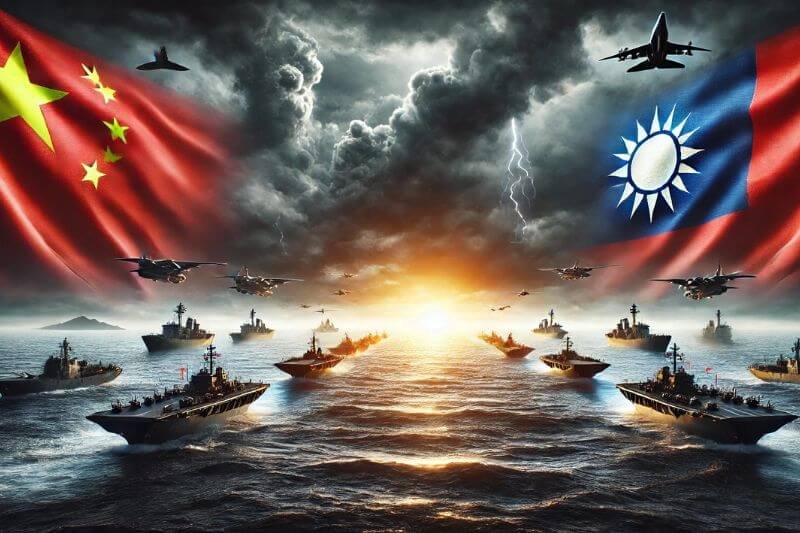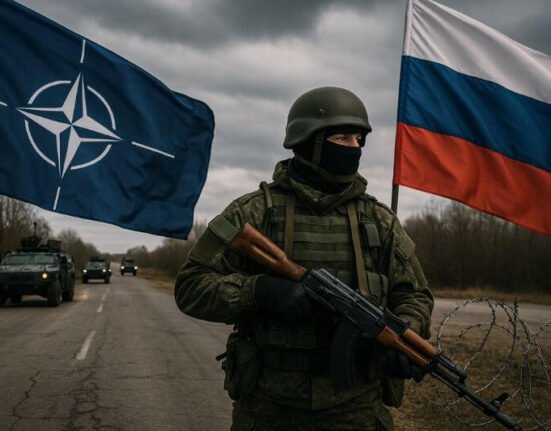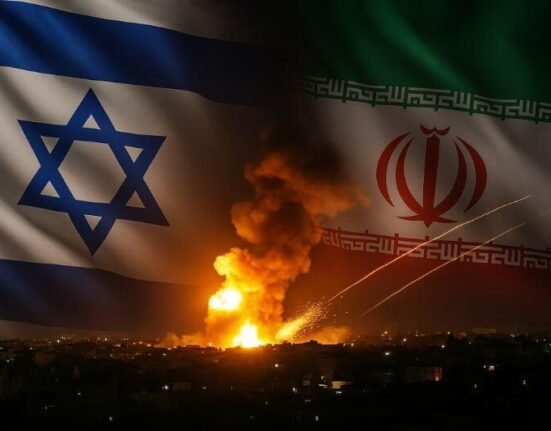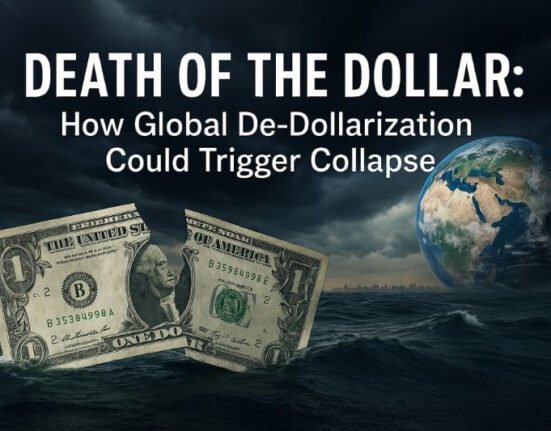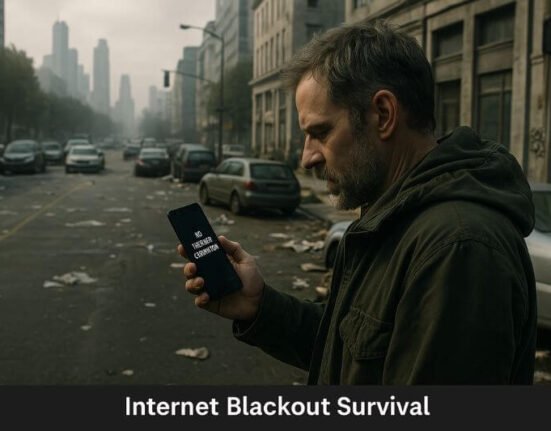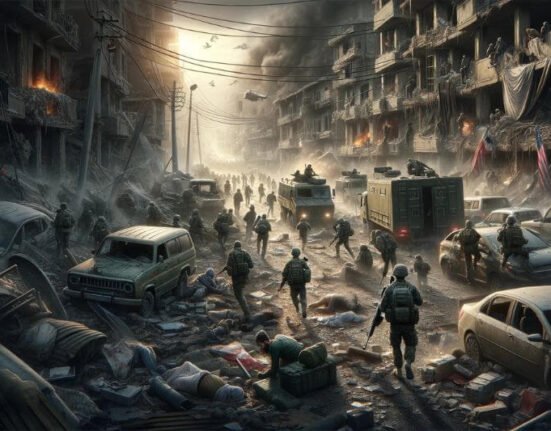As tensions between China and Taiwan continue to escalate, many geopolitical and defense analysts believe this dispute could spark one of the most significant conflicts of the 21st century. With rising military displays, strategic alliances, and global economic stakes, the question is no longer if an escalation will happen—but when, and how. This article explores the current situation, its global implications, and what survivalists can learn from it.
Escalating Military Pressure
Ongoing Military Provocations
Over recent years, China has ramped up air incursions into Taiwan’s Air Defense Identification Zone (ADIZ), coupled with near-daily naval drills surrounding the island. These displays are meant to test Taiwan’s readiness and send a strong message to the United States and its allies in the Indo-Pacific.
A Geopolitical and Economic Keystone
Taiwan holds a critical position in the global supply chain, especially in semiconductor manufacturing. Any invasion or blockade would cause severe disruptions to the global tech industry. Strategically, the island also acts as a crucial surveillance and defense point in the Western Pacific.
The Risk of Globalization of the Conflict
The Role of the U.S. and Allied Powers
While the United States has consistently affirmed its support for Taiwan, the specifics of any military commitment remain vague. Regional players such as Japan and Australia are aligning their military strategies with the possibility of conflict, while NATO members are monitoring the developments closely.
An Asymmetric Conflict with Global Fallout
Should a direct confrontation occur, we can expect mass-scale cyberattacks, economic sanctions, hybrid warfare, and global ripple effects. The Taiwan Strait—one of the world’s busiest shipping routes—would likely become a conflict zone, severely impacting global trade.
Key Lessons for Survivalists
Prepare for Supply Chain Disruptions
A China-Taiwan conflict would trigger immediate global consequences: price surges, shortages in electronics, energy blackouts, and shipping delays. Survivalists should stockpile essential electronics, backup power sources (solar, battery), and basic supplies now.
Monitor Geopolitical Warning Signs
Recognizing early warning signs is crucial: spikes in military activity, aggressive political rhetoric, unusual economic movements, or rising cyber threats. A strong Open Source Intelligence (OSINT) setup and access to reliable sources can make all the difference.
Prepare for Indirect Global Impact
Even if the conflict doesn’t touch your soil directly, its global impact will be felt. Establishing local resilience networks, strengthening cybersecurity for home devices, and becoming energy-independent are smart strategies in this volatile climate.
Conclusion
The intensifying tensions between China and Taiwan are far more than a regional issue. This could be a catalyst for a larger geopolitical shift. For survivalists, it’s time to reevaluate risk maps, update contingency plans, and maintain a global alert mindset. Awareness and preparation are your most valuable assets.




